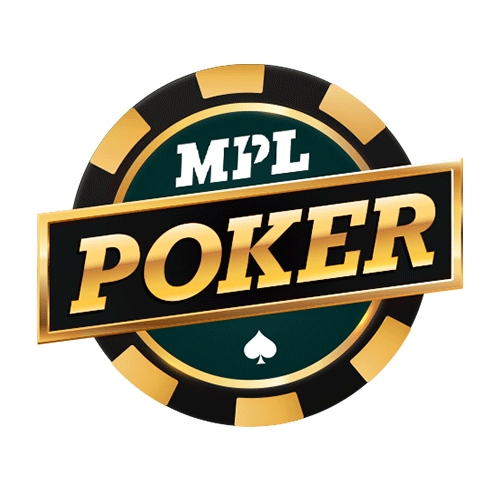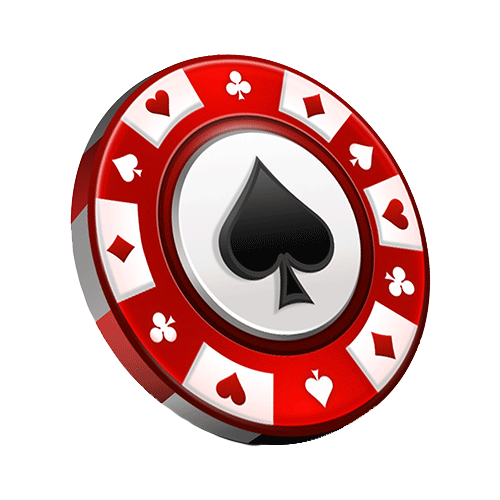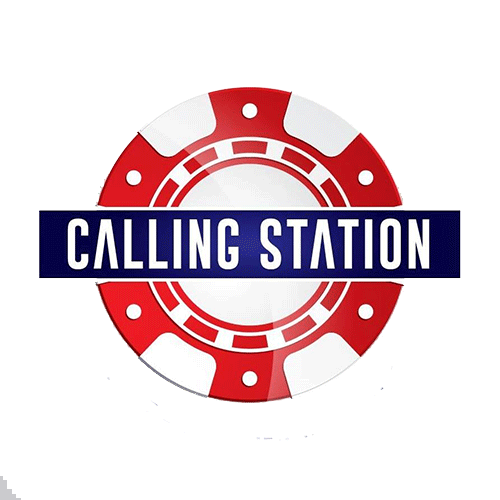 Poker
Poker
Best Ways to Improve Your Preflop Game
Texas Hold’em is a complicated game that is often said to take five minutes to learn but a lifetime to master. This is not just a saying as there are so many different layers that you can never truly say you learned all there is to know.
Many who are new to the game are often scared away by this because they don’t even know where to start. If poker is such a complicated game, can you honestly expect to get better at it without spending countless hours studying and playing?
Luckily, the answer is – yes, you can! The most important thing is to know where to start and build on from there. And there is no better place to start then your preflop game because that’s going to define everything else that happens in every single hand.
Having a good preflop plan in Hold’em is essential to your success because, without it, you just can’t properly apply other strategic concepts no matter how hard you try. This article will give you some advice on how to quickly and easily improve your preflop game. If you’ve wanted to learn poker but didn’t know where to start, this could be an excellent step in the right direction.
-
Understand the importance of preflop hand selection
Although this first tip may seem unnecessary, it might be the most important one for beginners. There are many, many players out there who refuse to believe there is a huge difference between playing AK and 84 before the flop.
After all, every hand can nail the flop, right?
While it is true that you can flop the stone-cold nuts with pretty much every starting hand, some simply are better than the others. Disregarding the math and just playing the hands based on your “feel” won’t get you very far. Poker is a game of numbers, and you want to be on the right side of it.
-
Get Yourself a Starting Hand Chart
There are many great poker starting hand charts you can get for free online. These tell you what kind of hands you should be playing depending on your position and action in front of you. Get them, study them, and try to have them by your side whenever you play.
Even if they don’t make much sense to you if you’re completely new to the game – just trust them. It will give you a good idea of what hands are playable and what is complete trash, you should always muck without giving it a second thought.
Keep in mind that these sheets aren’t a product of someone’s imagination. They’ve been created using mathematical models and comparing how different hands stack up against each other. So, having one of these when you’re just starting is a must.
-
Understand and appreciate the importance of your position
Your position at the table truly matters and plays a huge role in your pre-flop decisions. You’ll probably see that those charts suggest playing fewer hands from UTG (when you’re first to act before the flop) and from the button. It is no accident.
Closer you get to the button, more hands you can afford to play profitably. Firstly, there are fewer players left to act, so you have a higher chance of stealing the blinds and are less likely to face a 3-bet, both of which is great news.
Secondly, you’ll get to act last on all later streets and will have the benefit of knowing what other players did. They will have to worry about what you might do and how you might react to their actions instead of you being the one in that unfavorable situation.
Even if you believe that every hand can win sometimes and aren’t sold on the whole hand selection idea, you should still be very aware of your position. You’ll have a much better time getting money out of your opponents when you do flop big if you’re the last to act.
-
Protect your blind but don’t get overly attached to it
One of the best poker tips for beginners is that you should learn when to defend your blind and when it’s just not worth it. Realize the money you post as the big blind is no longer yours, it’s in the pot, and it’s gone. So, you should only get involved when you’re either getting the right pot odds, or your hand merits it.
To put it in the simplest of terms, if you’re facing a small raise like 2x the big blind, you can afford to get involved with a wide array of hands as you’re getting the right odds.
If there is a raise and re-raise in front of you, you don’t need to play just because it’s your big blind. Once it’s in the pot, it’s as much as yours as anybody’s else – you have better pot odds in some spots, and that’s all there is to it.
-
Avoid limping as much as possible
You should try and eliminate limping from your preflop game almost completely. If you’re the first to act and others have folded to you, you should be raising if you’re going to play. Limping in serves as an open invitation for more aggressive players to raise and push you off your hand as they see more dead money in the pot.
If you’re at a particularly passive table where there is a lot of limping going on, you can occasionally limp in after someone has already done it. Over-limping makes sense in these specific situations, but limping first rarely does. But even then, you should be very careful and quite confident that someone behind won’t just make a big raise and force you to fold.
Even if you want to get involved with some weaker hands, like suited connectors or small pairs, you want to be coming in for a raise. You’d raise with your AK and pocket Queens, so do the same with these hands as well. Your opponents don’t have a magic vision to see through your cards so if you keep things consistent they won’t be able to say if you have it or not.
Summary
Mastering a preflop game is one of the first steps you need to take if you want to become a good Hold’em player. Knowing what hands to play, when to play them, and how to go about it is essential to everything that happens later in a hand.
These tips should serve as good basic guidelines. They don’t answer all the questions about this particular segment of the game, of course, but you can and should use them as cornerstones upon which you can continue to build your knowledge. For training and coaching, TRY THIS.
Check out our online poker rooms section, where you can read reviews on the biggest and best poker rooms in the country, while also taking advantage of their bonuses and promotions. Check out these top poker rooms HERE.
Top 15 Poker Rooms
-
WPT Global
Grab your welcome offer
Offer: 100% of your deposit back up to $3,000 Register -
PokerDangal
Sign up with code GUTSHOT1
Offer: Get 100% GST discount on deposits Register -
Natural8 India
Sign-up with Gutshot
Offer: Get extra 28% on all deposits Register -
Spartan Poker
Sign-up with referral code AFFGSMAG
Offer: FTD 50% Bonus Money up to ₹20K. Deposit code ‘ALLIN50’ Register -
Junglee Poker
Sign-up and get bonus
Offer: Up to ₹50,000* Register -
Calling Station
Sign-up with promo code 'AFFCSGUT'
Offer: 30% FTD bonus with code FTD30 Register -
WinZo Poker
Daily Winnings Up To ₹40 Crore!
Offer: Get ₹550 Joining Bonus For Free Register -
Stake Poker
Welcome bonus
Offer: 200% up to ₹120,000 Register
Newsletter
Thank you for subscribing to our newsletter.
This will close in 20 seconds






















